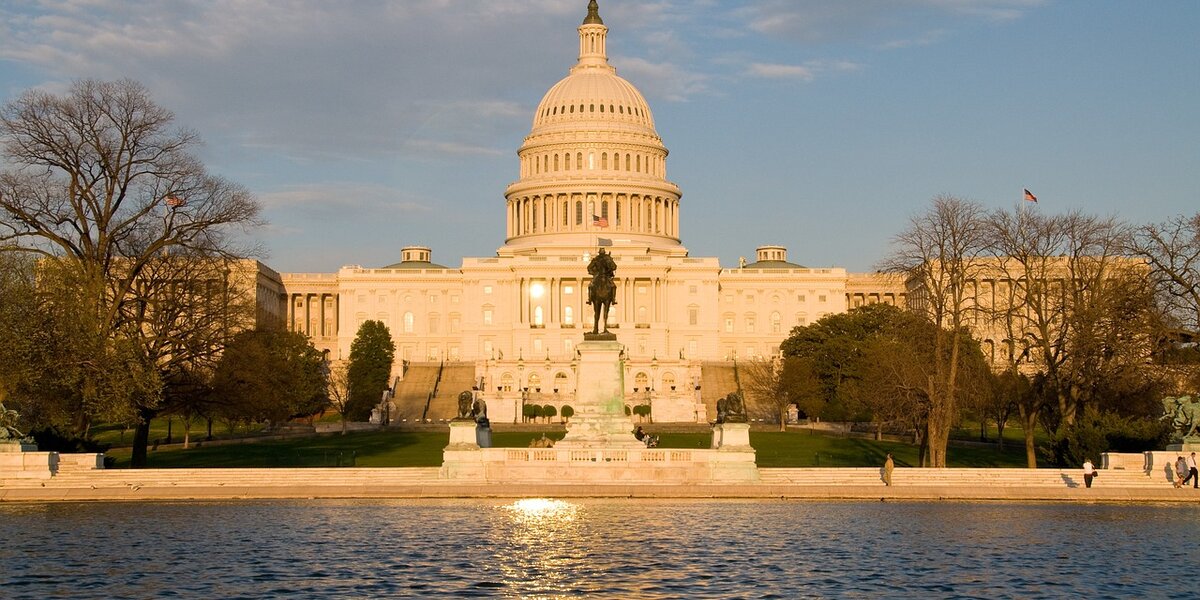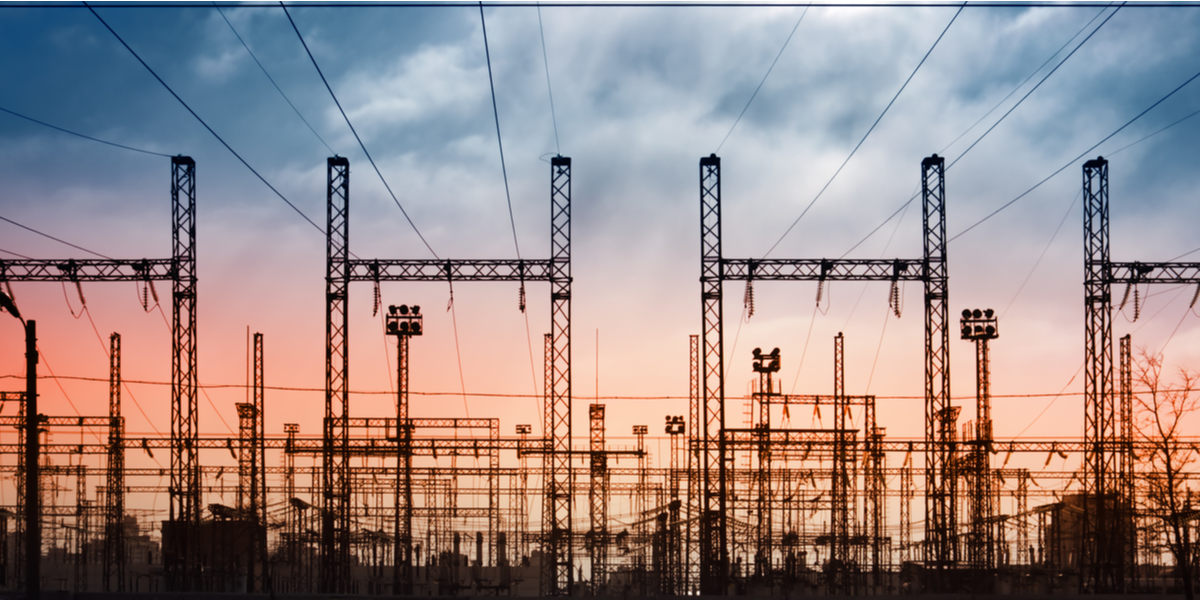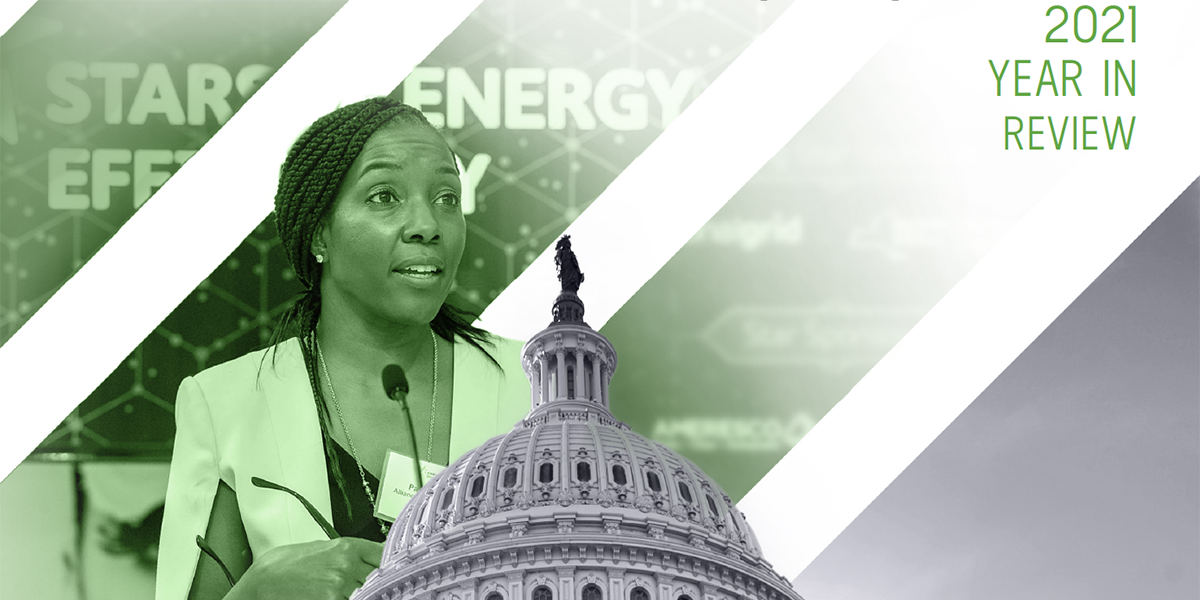Energy 2040: The Alliance to Save Energy's Bold Initiative for a Just Energy Transition
Let's Save Energy
Alliance to Save Energy's Blog
Energy 2040: The Alliance to Save Energy's Bold Initiative for a Just Energy Transition

The Alliance to Save Energy launched the multi-year Energy 2040 initiative in the fall of 2022 to identify and demonstrate the role of energy efficiency in U.S. energy and climate policy. The initiative will measure the impact of energy efficiency through the metrics of energy equity, reliability, affordability, and reductions in carbon emissions. Led by the Leadership Circle and Chaired by Helen Burt of National Grid, the Alliance’s National Commission on Energy Efficiency Policy (Commission) is a diverse group of nonprofit, corporate, and government energy experts, tasked with guiding the initiative’s policy development, research, and communication strategies. The Commission’s efforts will lay the groundwork for the Alliance’s policy priorities over the next decade.
Energy Equity, Reliability, & Affordability
Energy equity, reliability, and affordability (ERA) are three vital ingredients in achieving a just energy transition and meeting the country’s decarbonization goals – and energy efficiency plays a key role in each of them. Increased efficiency reduces demand on the nation’s energy systems and increases energy reliability. Lower demand mitigates the need to build more capacity than what would be required without energy efficiency, resulting in lower capacity costs and fewer energy rate increases. And energy efficiency means lower bills for consumers because they are using less energy.
An equally important – but often overlooked – aspect of the clean energy transition is equity. The U.S. cannot meet its decarbonization targets unless everyone has access to the benefits of energy efficiency, including greater reliability and affordability. That said, equity in energy efficiency also includes opportunities to participate in the growing energy economy through workforce and business development. Excluding any group from the benefits of energy efficiency, including low-income, disadvantaged, and rural communities, will result in excluding large parts of the country from the benefits of the energy transition and expansion.
By focusing on energy efficiency through the lenses of equity, reliability, and affordability in addition to reductions in carbon emissions, the Commission aims to create a durable and comprehensive effort to expand energy efficiency policy in the clean energy transition.
Early Progress
In the five months since the launch of Energy 2040, the Commission has used its Policy, Research, Member Recruitment, and Communications and Events working groups to define and address relevant priorities, and its efforts are bearing fruit. To date, the Commission has:
- Completed Phase I policy development objectives and identified an initial set of 2023 policy priorities;
- Commenced Energy 2040 research and modeling to inform policy decisions and to develop metrics for success;
- Commenced development of a communications and messaging strategy to maximize outreach and education about the benefits of energy efficiency and the success of the Energy 2040 initiative;
- And, doubled in size, bringing in built environment, utility, technology, transportation, research, and equity experts.
What's Next?
Building on early momentum, the Commission will officially release policy recommendations in April, including a report outlining modeled impacts of identified policy priorities on emissions, equity, reliability, and affordability. The Commission will also begin an education campaign for the administration, Congress, and government agencies, including congressional field trips to demonstrate the real-world benefits of innovative, cutting-edge energy efficiency projects. The first year of Energy 2040 will culminate with a Phase II report detailing the Commission’s 2023 and long-term policy priorities, including methods for tracking success, in addition to models that demonstrate the impacts of energy efficiency policy.
“Energy 2040 marks a new chapter in the Alliance’s history,” said Alliance to Save Energy President Paula Glover. “We are excited about the Commission’s work to help ensure that energy efficiency plays a leading role in the country’s clean energy transition while advancing equity, reliability, and affordability. We look forward to placing energy efficiency first and delivering the benefits of reduced energy demand for years and decades to come.”
To learn more about Energy 2040, please contact Doug Abbott, Director of Strategic Initiatives (dabbott@ase.org).
RECENT BLOG POSTS
STAY EMPOWERED
Help the Alliance advocate for policies to use energy more efficiently – supporting job creation, reduced emissions, and lower costs. Contact your member of Congress.
Energy efficiency is smart, nonpartisan, and practical. So are we. Our strength comes from an unparalleled group of Alliance Associates working collaboratively under the Alliance umbrella to pave the way for energy efficiency gains.
The power of efficiency is in your hands. Supporting the Alliance means supporting a vision for using energy more productively to achieve economic growth, a cleaner environment, and greater energy security, affordability, and reliability.



